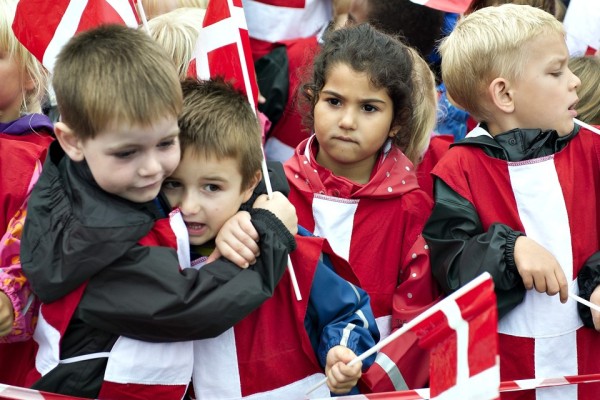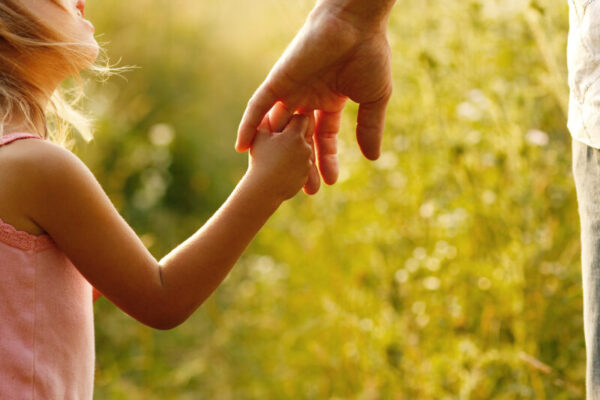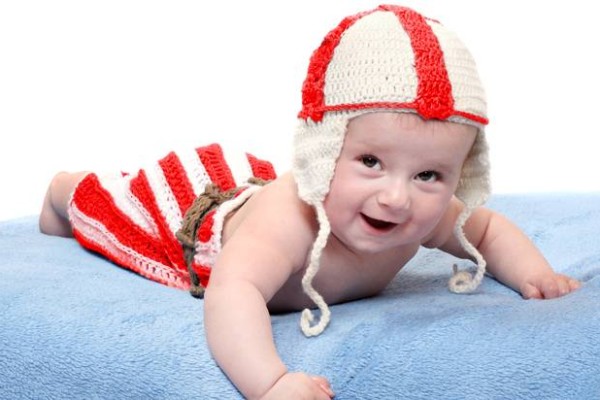There is a lot you can do to help your child develop a social life at school.
“Well, have you made any new friends at school?” This is often the first thing we adults ask our new little students. We can remember how nice it was to have friends, and we know today that it is a determining factor in whether or not children are happy at school.
Having friends at school is in many ways a prerequisite for development. Children learn a great deal through play, including communication, being part of a community, and having fun together. And if your child is happy at school, they have the energy to learn.
Adult-guided focus helps
Perhaps your children are able to find new friends on their own, or perhaps they need a helping hand. But even if some children have an easier time making friends than others, most new students can benefit from adult guidance.
We can’t create friendships, but we can facilitate and support the process, enabling this to happen, but ensuring that children are given the opportunity to play with many different classmates.
In smaller classes children don’t know ahead of time who, they will play well with, but with the aid of playdates, they may discover: “August is fun to play ball with” and “Jennifer and I have fun playing pretend with”. We help our children to try out their skills in various contexts.
Some good advice for getting started:
1. Set up playdates with different genders to the extent possible. Either pick up the children directly from school or agree to meet during the weekends.
2. If your child is shy or insecure about going home with others, then be the person to extend an invitation. Make it pleasant and help your child to be more social if this is a challenge. Play football together, string beads or read a book. Help them by getting started on an activity.
3. Establish an eating/playing group in the class once a month or every other month (a widely used concept in Denmark), where four or five children come home and play and eat dinner. When parents come to pick them up, offer a glass of wine or a cup of coffee, and get to know the other parents. This will make it easier to set up another playdate later.
4. Enroll your child in a recreational activity and ask if other children in the class want to join them. Suggest a driving schedule, where parents take turns picking up and driving them to the activity. When the children know that they are going to be spending time together in the afternoons, they will often play together during the day.
5. At school parent meetings, bring up the topic of what parents can do to help the children in the classroom to develop good relationships. Here you will get to know the other parents and gain an understanding of their values.
——
Iben Sandahl is the co-author of The Danish Way of Parenting and works as a Licensed Narrative Therapist, MPF, specializing in counseling families and children. She has more than 20 years experienced insight into child psychology and education, which in a most natural way anchor the Danish way of doing parenthood. Living and working in Denmark gives her the best possible opportunity to disseminate this unique way of life through her professional experienced knowledge.
For more information on Danish parenting, please check out The Danish Way of Parenting: What the Happiest People in the World Know About Raising Confident, Capable Kids, which is being re-released with Penguin Random House and is on pre-sale now – or check out The Danish Way website.





